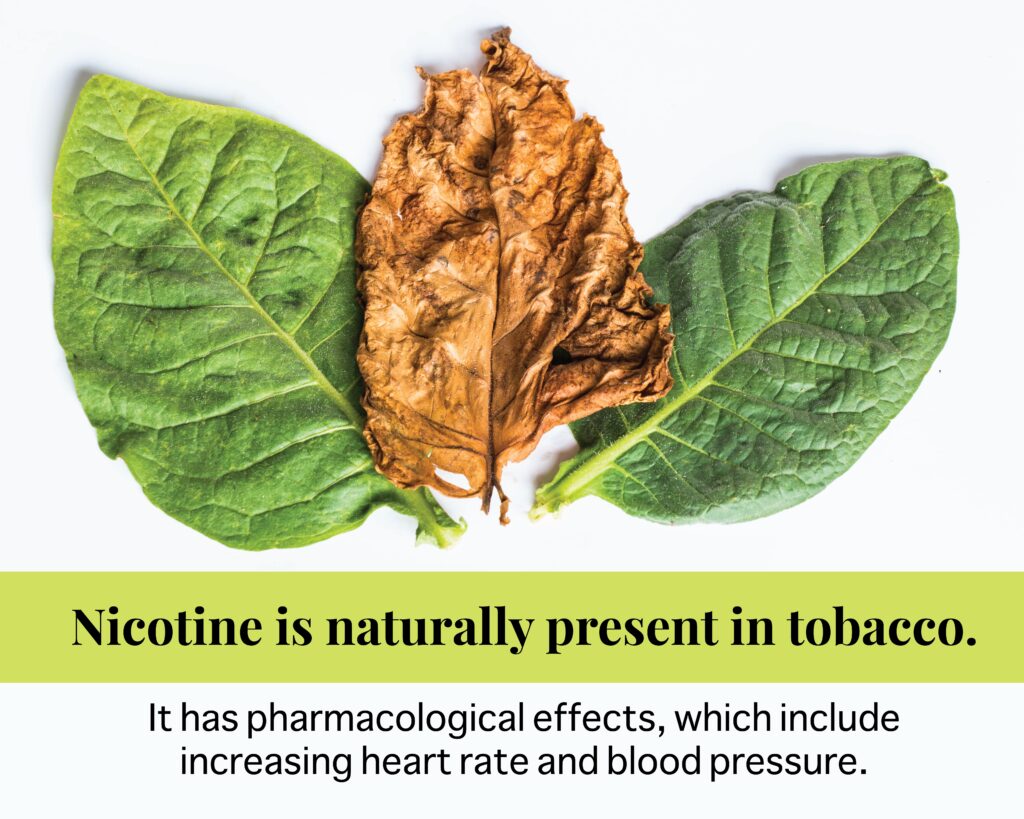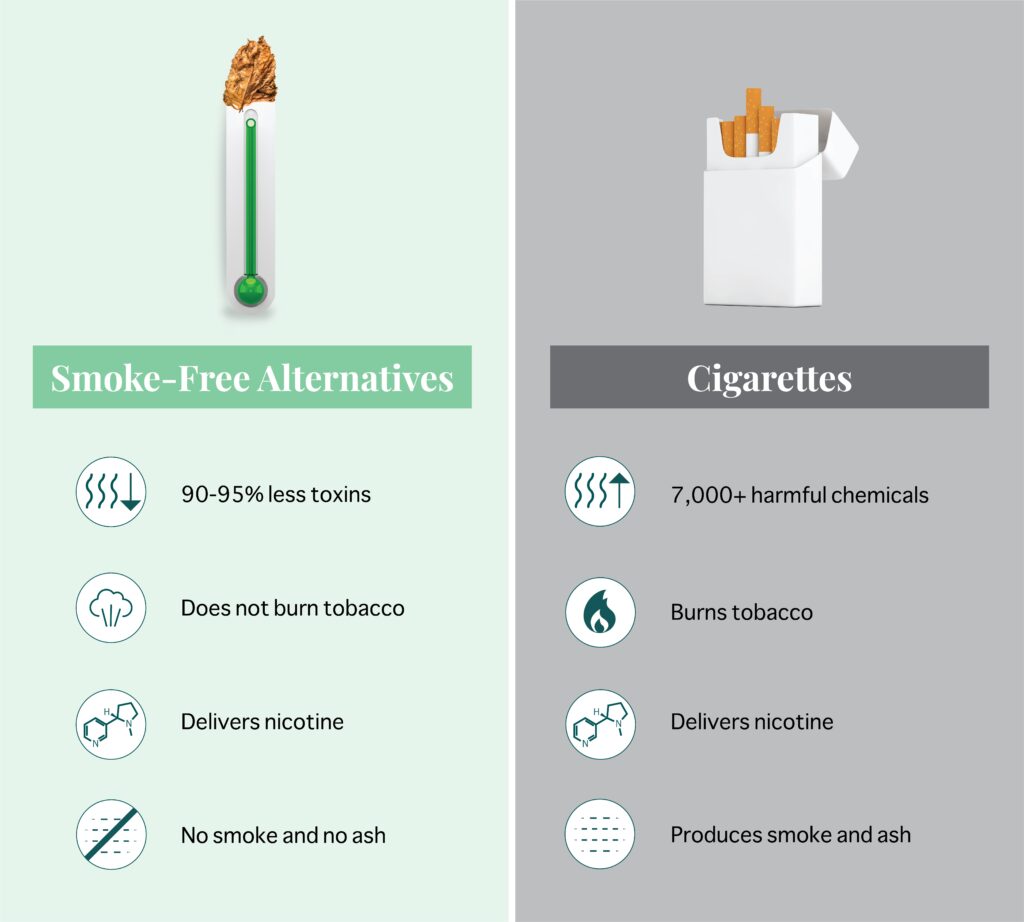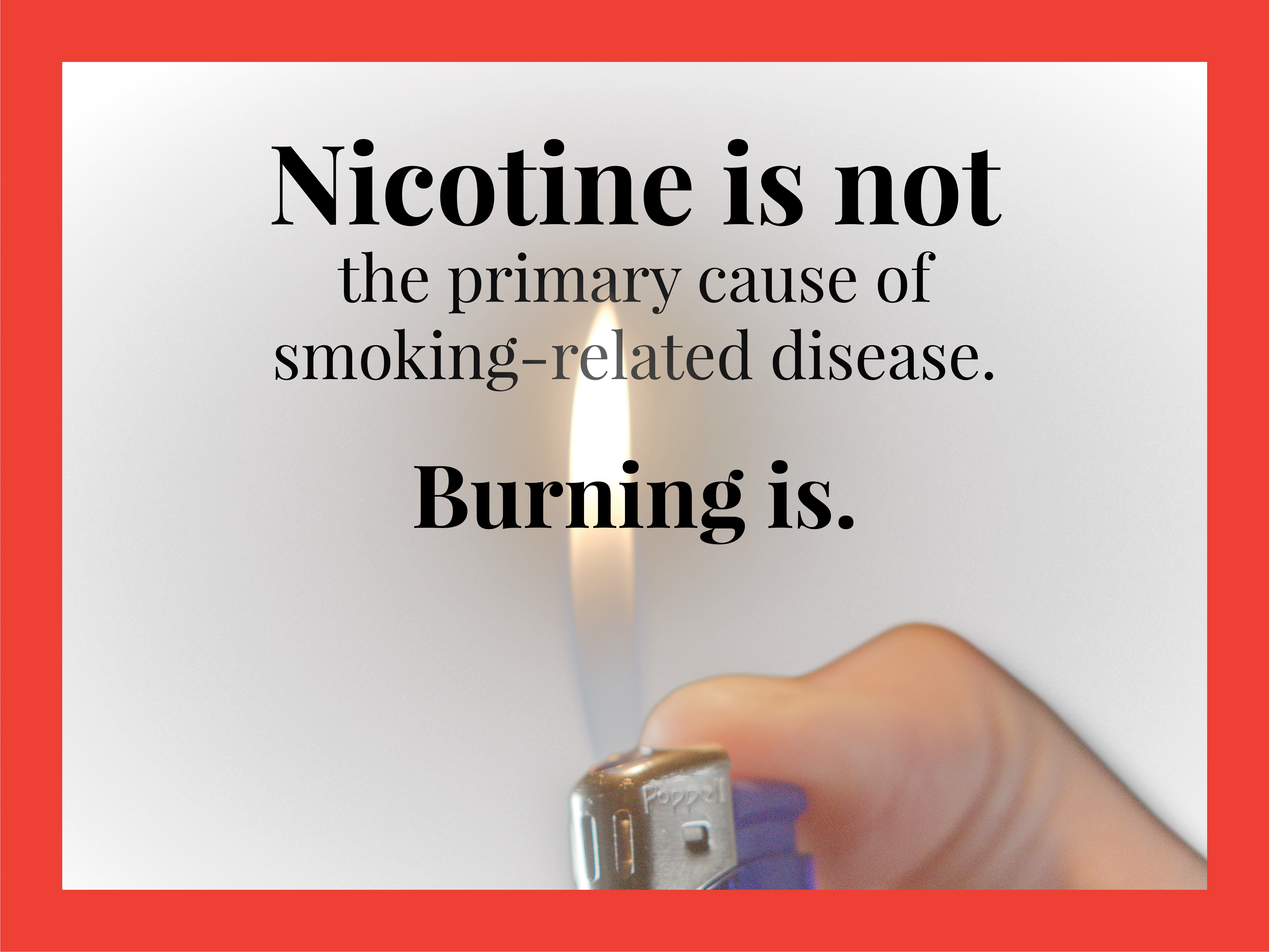There is mounting consensus among medical and scientific communities that nicotine is part of the solution to end the global smoking epidemic and the deaths and diseases that smoking causes, but misconception, even among medical circles, hampers nicotine’s potential to help smokers switch to less-harmful alternatives from combustible cigarettes.
“Smokers commonly misperceive that nicotine is a major carcinogen,” said Dr. David Khayat who is a professor of Oncology at Pierre et Marie Curie University and head of Medical Oncology at La Pitié-Salpétrière Hospital in Paris. He cautioned, however, that it is contrary to the conclusion of Cancer Research UK, which found that nicotine is not responsible for the harmful effects of smoking.
“Nicotine does not cause cancer, and people have used nicotine replacement therapy safely for many years. NRT is safe enough to be prescribed by doctors,” the Cancer Research UK said.
According to the U.S. Food and Drugs Administration (FDA), it is the thousands of chemicals produced when a cigarette burns that causes smoking-related illnesses. “This toxic mix of chemicals—not nicotine—causes the serious health effects among those who use tobacco products, including fatal lung diseases, like chronic obstructive pulmonary disease (COPD) and cancer.”
A lot of misinformation and misconceptions about nicotine, however, abound that affects even the medical communities. The Health Information National Trends Survey (HINTS) of the U.S. National Cancer Institute found that more than 57% of respondents falsely agreed with the statement that “nicotine in cigarettes is the substance that causes most of the cancer caused by smoking” and even 80% of physicians falsely believe that nicotine causes cancer.
Addressing members of the Philippine Medical Association during the 115th PMA Annual Convention and Scientific Meetings held recently, Dr. Khayat said, “If you want to reduce exposure to carcinogens, you must identify the nature, production and exposure source of carcinogens.”

He recommended that smokers who would not quit even when afflicted with cancer, should be given alternatives that can reduce their exposure to toxicants and carcinogens. “The fact is 80% of smokers would never leave smoking. And 64% of people smoking will not stop even if they have cancer,” he said. “So, we have to find a way. Knowing that smoking was bad, they continue to smoke even if they have cancer. So, we have to provide them with a solution, if not they are going to be desperate.”
Dr. Khayat, who has devoted himself to the fight against cancer for more than three decades, said these solutions include snus, electronic cigarettes (vapes), and heated tobacco products (HTPs), which “are showing very significant efficacy in helping people switch from real cigarettes that are very bad to their health.”
He said doctors play a crucial role to help remove the stigma among smokers and that this is where tobacco harm reduction comes in. THR is a public health strategy that aims to provide alternatives to reduce harms caused by smoking and to provide nicotine to people who cannot or do not want to quit smoking by themselves or with currently approved methods. “Accepting that some levels of bad behaviors are inevitable, therefore, we should target to minimize the harm people suffer as a consequence,” he said.
Dr. Khayat said the use of vapes, HTPS and snus provide alternatives to reduce exposure to carcinogens. Different scientific bodies confirmed that using snus instead of cigarettes puts individuals at a lower risk of mouth cancer, heart disease, lung cancer, stroke, emphysema and chronic bronchitis.
A Japanese study found reduced formation of harmful and potentially harmful constituents in HTPs compared to cigarettes. A 2021 study on the effects of switching to HTP concluded that consistent improvements in respiratory symptoms, exercise tolerance, quality of life and rate of disease and exacerbations were observed in patients with COPD who abstained from smoking or substantially reduced their cigarette consumption by switching to HTP use.
In the US, the FDA in 2020 determined Philip Morris Internationals’ heated tobacco IQOS is “appropriate to promote the public health and are expected to benefit the health of the population as a whole taking into account both users of tobacco products and persons who do not currently use tobacco products.”
Dr. Khayat said that on a country level, Japan experienced a 34-percent decline in cigarettes sales in four years following the introduction of HTPs.
“In a perfect world, the dream is to eliminate smoking and therefore all smoking-related diseases. If not possible, I think we have to take decision based on science, and not on emotion or opinion,” he said.



